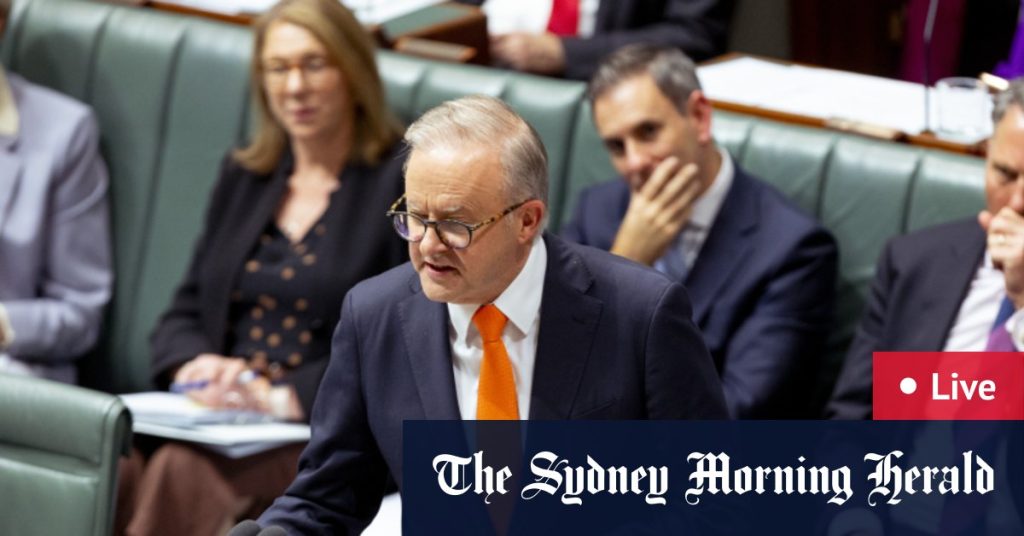Russian President Vladimir Putin’s recent state visit to China underscores the close ties between the two authoritarian countries. This visit comes at a time when Russia has grown increasingly reliant on China economically, especially after the full-scale invasion of Ukraine over two years ago. Putin’s visit follows a period of intense conflict in northeastern Ukraine’s Kharkiv region, with almost 8,000 people being displaced due to the ongoing offensive by Russian forces. The war in Ukraine has reached a critical stage, with the Ukrainian military awaiting new supplies of anti-aircraft missiles and artillery shells from the United States.
During his visit, Putin expressed openness to negotiation on the conflict in Ukraine, emphasizing the need for any talks to consider the interests of all parties involved. This statement comes amidst escalating tensions in the region and increasing international pressure on Russia to de-escalate the situation. Putin’s visit to China also highlights the strategic partnership between Russia and China, as well as their shared interest in challenging Western dominance on the global stage. The two countries have been working closely together on various political and economic initiatives, with China emerging as a key supporter of Russia during the Ukrainian conflict.
The economic partnership between Russia and China has become increasingly important for Moscow, as Western sanctions continue to impact the Russian economy. Putin’s visit to Beijing is seen as an opportunity to bolster economic ties and secure additional support from China in the face of mounting pressure from the West. The two countries have been expanding their cooperation in various sectors, including energy, infrastructure, and technology, as part of efforts to reduce their dependence on Western markets and institutions. China has also been a key source of investment for Russia, helping to mitigate the impact of Western sanctions on the Russian economy.
Putin’s visit to China comes at a time of growing international concern over the situation in Ukraine and its potential impact on global security. The conflict in Ukraine has already had significant humanitarian consequences, with thousands of people being displaced and civilian infrastructure being destroyed. The United States and its allies have been providing support to Ukraine, including military assistance and economic sanctions against Russia. Putin’s visit to China is seen as a signal of solidarity between the two countries, despite increasing pressure from the international community to resolve the conflict in Ukraine through diplomatic means.
As Putin’s visit to China concludes, the strategic partnership between Russia and China is expected to continue to play a crucial role in shaping global politics and security dynamics. The two countries share a common goal of challenging Western dominance and expanding their influence on the world stage. Despite international efforts to isolate Russia over its actions in Ukraine, China has emerged as a key ally and supporter of Moscow. The close ties between Russia and China have also raised concerns among Western countries about the potential implications for global security and stability. Putin’s visit to China is likely to further solidify the strategic partnership between the two countries and their efforts to counter Western influence in the region.
In conclusion, Putin’s visit to China highlights the close ties between the two authoritarian allies and their shared interests in challenging Western dominance on the global stage. The economic partnership between Russia and China has become increasingly important for Moscow, particularly in the face of Western sanctions. Putin’s visit comes at a critical time as the conflict in Ukraine continues to escalate, with significant humanitarian consequences and growing international concern. The strategic partnership between Russia and China is expected to continue to shape global politics and security dynamics, with implications for regional stability and the balance of power in the international system.


